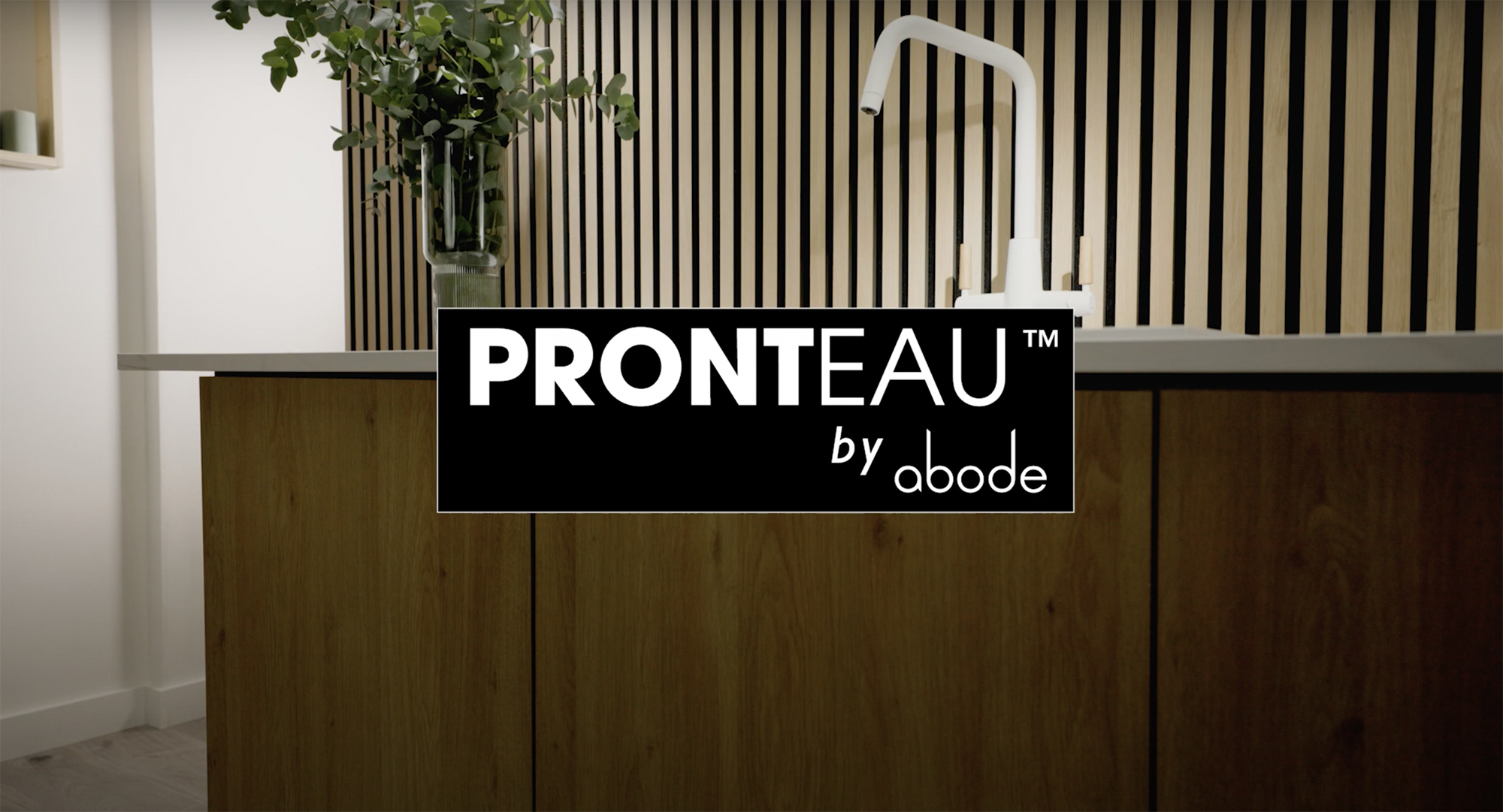Co-founder of British kitchen manufacturer Callerton James Herriot has just pubished a book – Insights to Kitchen Design – using over 40 years of experience in the industry. So we ask him how kitchen design has evolved, common mistakes made by designers, and the future of training

Q: Having founded Callerton 40 years’ ago, how have you seen the practise of designing kitchens develop in that time?
A: The practise of designing kitchens has altered dramatically over the past 40+ years. When I entered the industry it was a much simpler role compared to today. We worked with a tape measure, scale rule, drawing board and pencil.
Sponsored Video
Much of our work (at that time) related to replacement within an existing kitchen, or supplying kitchens to developers with very little scope to alter the dimensions of a room.
It was the total opposite of today, where the vast majority of projects involve changing layouts, opening-up rooms, building extensions, etc.
It’s a much more sophisticated environment today, where the kitchens is the central hub of most homes.
The skill, knowledge and ability required to excel in today’s world of the kitchen specialist is vast compared to 40+ years ago, and requires designers to continually expand their knowledge and understanding due to the developing nature of our industry.
I believe the kitchen specialist changes the way clients live and operate within their homes.
This may sound dramatic but it’s exactly the point I set out to make within my book ‘Insights to Kitchen Design’.
Q: What has surprised you the most about the evolution of kitchen design during this time?
A: It relates to Callerton’s tag line ‘Turning Dreams to Reality’. The ability to fulfil a client’s dream has grown exponentially over 40+ years.
We are engaged in an ever-developing fashion industry – an aspect of our industry I love. Possibly an element that surprises me, is the pace of change.

Q: You published the first Kitchen Inspiration magazine 10 years ago. Who was it for and why was it needed?
A: Kitchen Inspiration’s aim has always been to promote the three vital elements of a successful kitchen project: Great design, great products and great project management. These are the raison d’etre of the design-led kitchen specialist.
The intention of Kitchen Inspiration is to educate the end client what’s involved in a successful kitchen project and why they should engage with a kitchen specialist.
Q: Most recently, you published your own book Insights to Kitchen Design – featuring case studies of previous work revisited. Can you explain why you decided to write the publication, who is your audience and why is now the right time?
A: Having produced an on-line journal during the second Covid-19 Lockdown for friends and family, ‘The Sabbatical’, it was picked-up by Extremis Publishing who published it book form.
I got the writing bug and thought I would pass on a little of what I have learnt over 40+ years in the kitchen industry.
My aim was to celebrate the skills of the kitchen specialist, show how to achieve the results, and (hopefully) inspire recruits to our industry.

Q: Why did you choose the 20 case studies in the book and how difficult was it to select them?
A: The first 10 were all projects in which I had personal involvement, while the next 10 projects are the work of Callerton designers to explore how they went about creating a project.
Possibly the hardest aspect of producing the book were the two alternative designs created using the same footprint from each of the 20 kitchen case studies. For these, I have to thank my colleagues at Callerton head office.
Q: What has been the industry reaction to your book? Is it what you expected?
A: It is very early days, but the response has been extremely positive. I am not expecting to make the best seller list but I’ve enjoyed the challenge.
Q: What do you think of the quality of kitchen design and designers now?
A: I believe we have many amazingly, talented designers and the quality of design in the kitchen specialist sector is first class. I am lucky enough to engage with many such individuals.

Q: What are the biggest mistakes you’ve noted kitchen designers make and how would you suggest they overcome them?
A: There is no individual mistake I can identify. Ours is a complex industry and the importance of ‘Right 1st Time’ benefits all parties: End client, retailer and manufacturer. My one suggestion to overcoming mistakes is to engage with training and ensure these mistakes don’t happen twice.
Q: How disappointed were you the Kitchen Design Degree folded? What do you believe should be the next step?
A: The demise of the Kitchen Design Degree was a sad moment and a loss to the industry. I have watched several of those who qualified achieve amazing results.
Two were young designers when I first encountered them and both are now directors of the Callerton dealerships who first employed them. Amazing!
I am a great believer our industry would benefit from a co-ordinated education programme. I don’t profess to have the answers but could manufacturers who run product training programmes combine with others?
Callerton has created its own training programme for retailers, which by chance happens to incorporate elements of the 20 kitchen case-studies and 40 alternative CAD designs from my book ‘Insights to Kitchen Design’.
Currently, we are working in conjunction with Blum, Cyncly/Compusoft, as well as Sensio, amalgamating aspects of each company’s training programme.
Q: With the advent of AI, how do you see the role of the kitchen designer developing in the future?
A: As someone who began my working life 50+ years ago – the benefits of technology in our business has been immense. My thoughts are AI will only add to this.
It won’t replace humans, but will enable us to be more efficient and effective.



